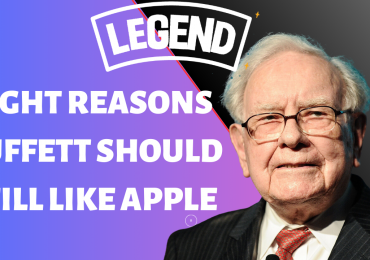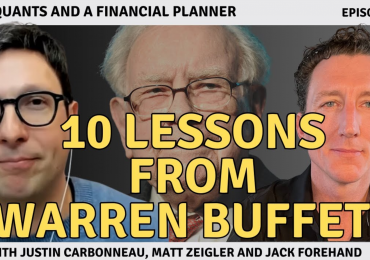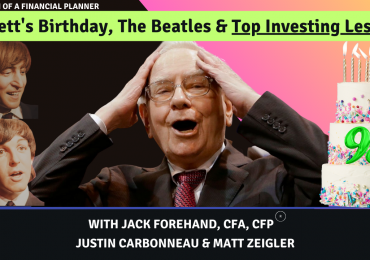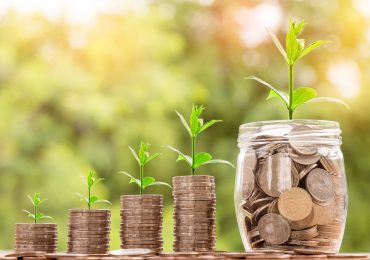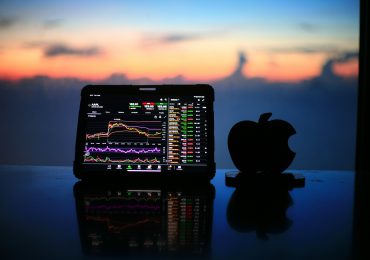A myriad of companies in recent years have touted the fact that they’ve been buying back their own shares to increase shareholder value. But in a recent piece for Forbes.com, Validea CEO John P. Reese says that all buybacks aren’t created equal.
“Share buybacks can be a powerful bullish force behind a stock due to the simple supply and demand math involved: By buying and retiring outstanding shares, the company reduces its overall number of shares, making the remaining shares more valuable,” writes Reese. “But while companies always tout the fact that they are buying back shares, you rarely hear them talk about the valuation they paid on those shares. And just how ‘shareholder-friendly’ is it when a company buys back its own shares at exorbitant prices?”
Reese notes that Warren Buffett addressed this topic in his latest shareholder letter, saying that Berkshire Hathaway only buys back its shares when they are selling on the cheap. “If you really want to assess how good a job a company’s management is doing, see what sort of valuations they are purchasing their shares for,” Reese writes. “After all, you’d consider valuation when buying any other stock — why not consider it when repurchasing your own shares? Companies that purchase their own shares when they are cheap can purchase more shares than they would be able to if shares were pricey. More shares repurchased means more benefit to shareholders.”
Reese uses his Guru Strategies, which are based on the approaches of Buffett and other investing greats, to look for firms whose shares are cheap and have been buying back shares (or have recently authorized share repurchase programs). Among them: CVS Health Corp.

